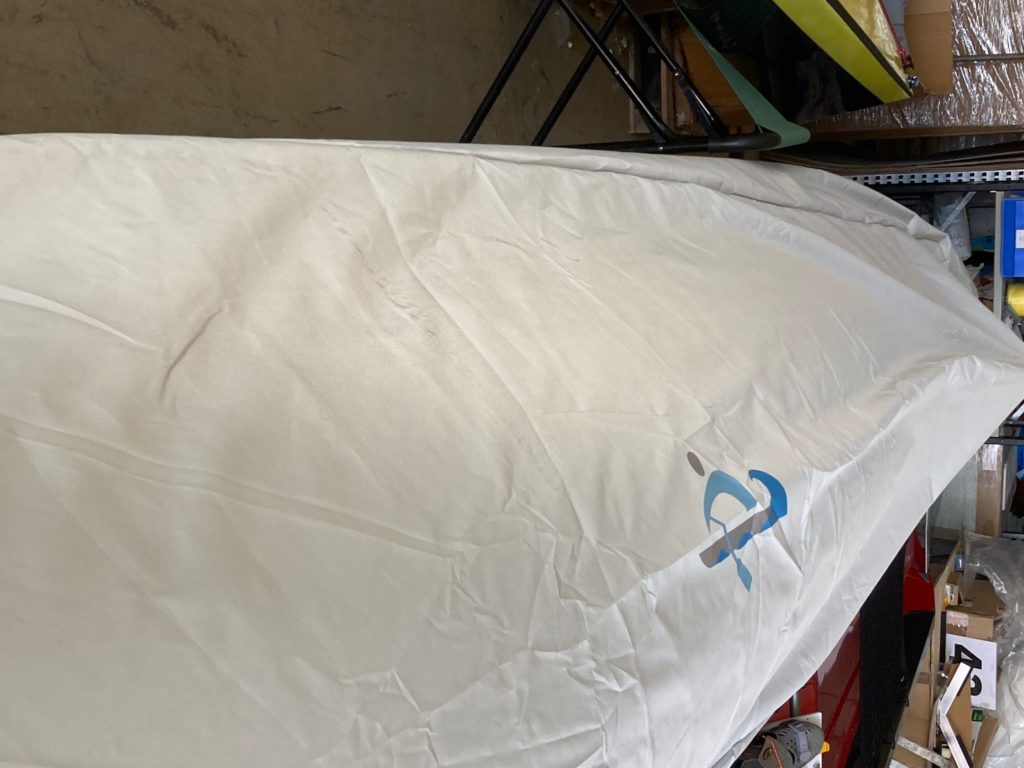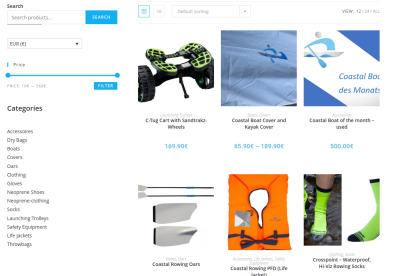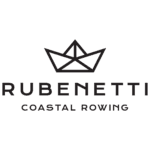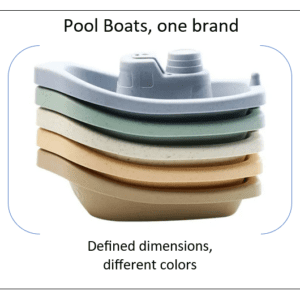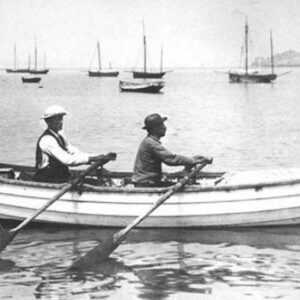Is boat protection a big issue? Do Coastal Boat Covers make sense? We thought, what’s good for a kayak, is good for a coastal boat.
Why use Coastal Boat covers?
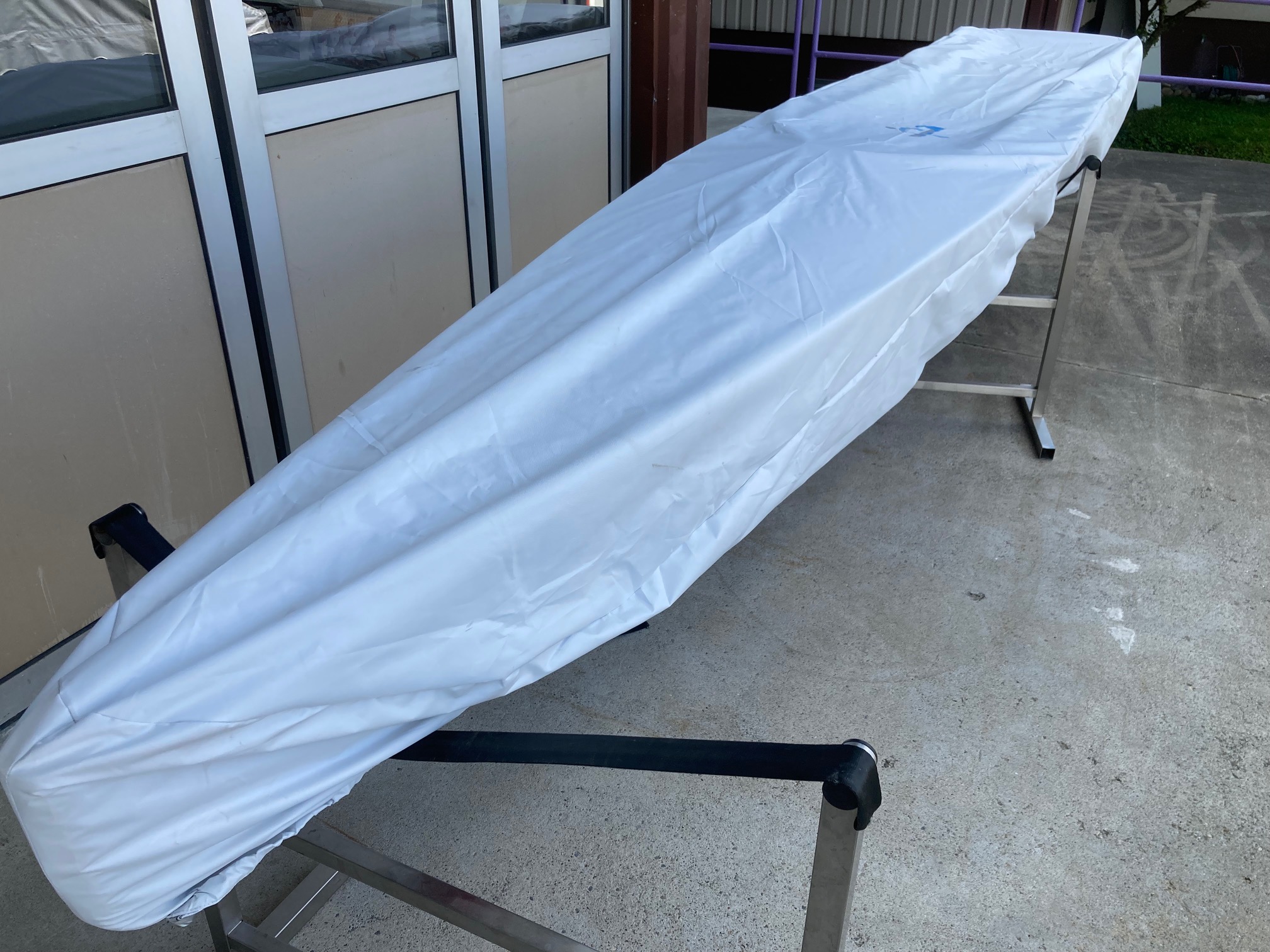
Using a Coastal Boat Cover can help to extend the lifespan of your boat. There are many reasons for you to do a small investment to protect your boat. Keeping your boat in good condition means that you don’t have to spend money either fixing or replacing it every few years.
Here are some good reasons why it’s good to protect your boat:
Boat covers for Coastal Boats: UV Protection
Damage caused by the sun is often overlooked. Storing your boat in direct sunlight can cause deterioration. It’s not immediate damage, as many boat suppliers use good gel coats and make sure that the deterioration will be pushed further years away. Nevertheless, the boat will lose its glossiness after a few years. To extend the lifespan of your boat, it’s important that you store your boat out of direct sunlight. The easiest way to achieve this is to simply cover it.
Boat covers for Coastal Boats: Sand and dust
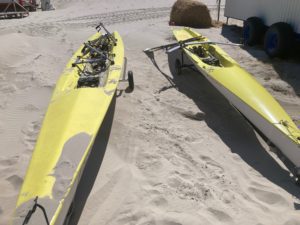
Look at this picture: Sand and dust might seem to be a minor issue, but it gets into the sliding seats, the rails and even in the inner boat when hatches are not sealed tight. This can clog up ratchets and bolts, or get into glued parts and potentially cause more damage. Of course, this is the worst-case scenario. In the best case, it will just look gross and you’ll have to clean it off. Save yourself the trouble and cover your boat. Check out boat covers in our shop
Boat covers for Coastal Boats: No spiders and bird nests
Your boat is the perfect winter home for all kinds of animals and insects. Believe it or not, we once found a birds nest underneath the food stretcher. It won’t hurt the boat but you simply don’t want some uninvited guests in your boat!
Keeping your boat in the boathouse or a garage can already help with this but a durable boat cover is simply the next step.
Boat covers for Coastal Boats: Water
Water on a Coastal Boat? Sounds like it shouldn’t be an issue, right? But there’s a difference between going for a short beach sprint, an endurance race or a 25km tour and standing water. You might clean the hull after using it and rinse the saltwater away, but wind and rain in a salty environment always bring up the risk of rust. Even to a boat that’s cleaned with freshwater. The cover avoids standing freshwater during the long months of storage.
We cannot repeat it enough: Before you store your boat, make sure to clean and dry it thoroughly. Any residual water, even freshwater can damage the outer lining and give you a build-up of mildew and mould over winter. Like with dust, you will have to spend time in spring cleaning the boat. Time you could easily spend already on the water. And. when mould has build up, you even have to spend money and even more time.
Transportation

A lot of people don’t think about covering their boat when they transport it on the roof of a car. Have you noticed diesel spots on your boat? Any insects glued on your solo? Covering your boat while you transport it on the roof will avoid this. It takes less time to put the cover over the boat than to clean it later.
Types of Covers
You can find BAG COVERS and SHOWER COVERS. Both covers are okay to use in the end. Bag covers are individually manufactured for each boat shape. You totally cover your boat and close the cover with a zipper. These covers come with a price. You can spend easily something between 400-500€ for a double and something between 800-1000€ for a quad.
That’s why we recommend “shower” covers. They work like shower caps for your head. You cover the hull or the deck of your boat with a flexible plastic cover. Due to their design and material, they fit on many different boat sizes. They also provide enough space for the fin, which can cause problems with bag covers, as different boats have different systems. They stretch over the top of your coastal boat and tighten around the edges. They usually have an elastic band or cord to keep them in place, as well as clips to stop them from blowing away. These covers are easy to put on. They are also easy to remove and can be used all year for storing. They are not only perfect for a few days or weeks of outside storage but also for longer-term indoor storage. The material of the cover is key. Nota Bene: These boat covers for coastal boats are not thick vinyl covers for extended long-term storage outside. The covers we mention here, are covers for outside storage while you are at a regatta, on a longer holiday trip or storing your boat inside.
What Are Coastal Boat Covers Made of?
Boat covers need to be made from a tough and durable material. Heavier weight covers are going to be more resilient but are often more difficult to stretch over your boat. As said before, we are not talking of a 700 Vinyl cover which is almost thick as a truck cover.
Choosing your material is one of the most important steps for picking your cover. Different materials have different qualities and will affect how waterproof, tough and expensive your Coastal Boat cover is.
Vinyl
Vinyl covers are usually made to fit the boat. You do not find a generic cover fitting many boat shapes. The material is waterproof and blocks sunlight. They are expensive and heavy. Unless you plan to leave your boat outside 52 weeks per year, we don’t find them suitable.
Polyester
Polyester is also a common material used for covers. A higher fabric denier will give you a more durable cover, which is able to withstand more wear and tear. Polyester has decent water-resistant qualities.
Oxford Cloth
Oxford cloth offers the best price-performance ratio. Oxford cloth is a durable fabric, which offers good UV protection and protection from water. Not as good as a thick Vinyl cover, but still good enough to protect your boat from a sudden rain shower. If you are going to buy an Oxford cloth cover, aim for one which is at least 400 D ( 400 denier or higher). In our experience 600 D is a good compromise in sun protection and waterproofing.

